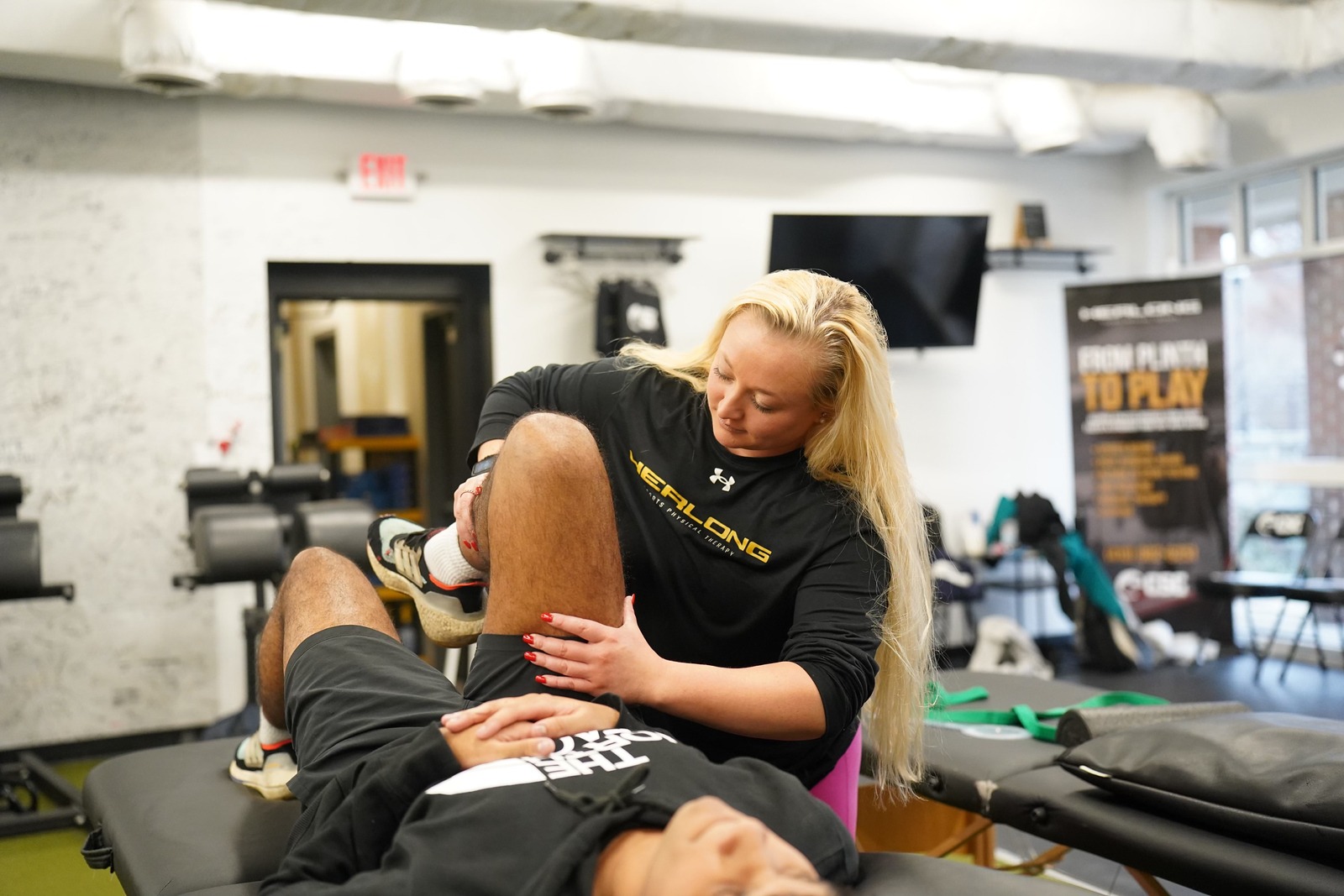Have you noticed your joints cracking more often lately? Whether it’s your knees, knuckles, shoulders or other joints, cracking joints can be surprising and sometimes concerning. Many people wonder if these noises mean something is wrong. The good news is that cracking joints are usually normal and harmless, but in some cases, they may point to an underlying issue that needs attention.
When Cracking Joints Might Be a Concern
The first question to ask yourself when experiencing cracking joints is whether or not there is any pain involved. Cracking joints without pain are typically nothing to worry about and often happen simply due to normal joint movement. However, if your cracking joints are accompanied by pain, swelling, stiffness or redness, it’s important to seek medical advice as soon as possible. These signs could indicate inflammation, injury or joint conditions like arthritis that require timely treatment to prevent further damage.
What Causes Cracking Joints?
Cracking joints can produce a wide range of sounds such as cracking, clicking, popping, snapping, crunching, grinding or creaking. Each of these noises can have different causes:
- Cracking or popping sounds often result from tiny gas bubbles in the joint fluid bursting as the joint moves.
- Clicking or snapping can be caused by tendons or ligaments moving over bones or other tissues.
- Grinding or crunching noises may suggest cartilage wear or other joint issues that might need evaluation.
Understanding the specific type of sound your joints make can help a physical therapist or medical professional pinpoint the cause and determine whether further testing is necessary.
Key Factors to Consider About Cracking Joints
In addition to the type of noise, other factors related to cracking joints are important to observe:
- How often do the noises occur? Are they constant or occasional?
- Do the sounds happen during specific movements or activities?
- Have the noises increased or changed over time?
- Is there any joint stiffness, weakness or decreased range of motion?
- Do you have a history of joint injury or medical conditions?
Tracking these details can provide valuable information for your healthcare provider and guide appropriate treatment.
How Physical Therapy Can Help With Cracking Joints
If you’re concerned about your cracking joints, visiting a skilled physical therapist can be very beneficial. Physical therapists specialize in assessing joint function and can help identify the source of joint noises. They will also evaluate your movement patterns, muscle strength and joint stability to create a personalized treatment plan.
Treatment may include exercises to improve joint mobility, strengthen surrounding muscles and correct movement mechanics that might be contributing to joint sounds. In many cases, physical therapy can reduce or eliminate cracking joints and improve overall joint health and function.
Treat Your Cracking Joints at Herlong Sports Physical Therapy
At Herlong Sports Physical Therapy, we understand how worrying cracking joints can be. Whether your joints crack occasionally or frequently, with or without pain, we’re here to help you understand what’s happening and keep your joints healthy and pain free.
Don’t wait for discomfort to worsen. Schedule your evaluation today and start your journey toward stronger, quieter joints. Contact us now to book an appointment!


